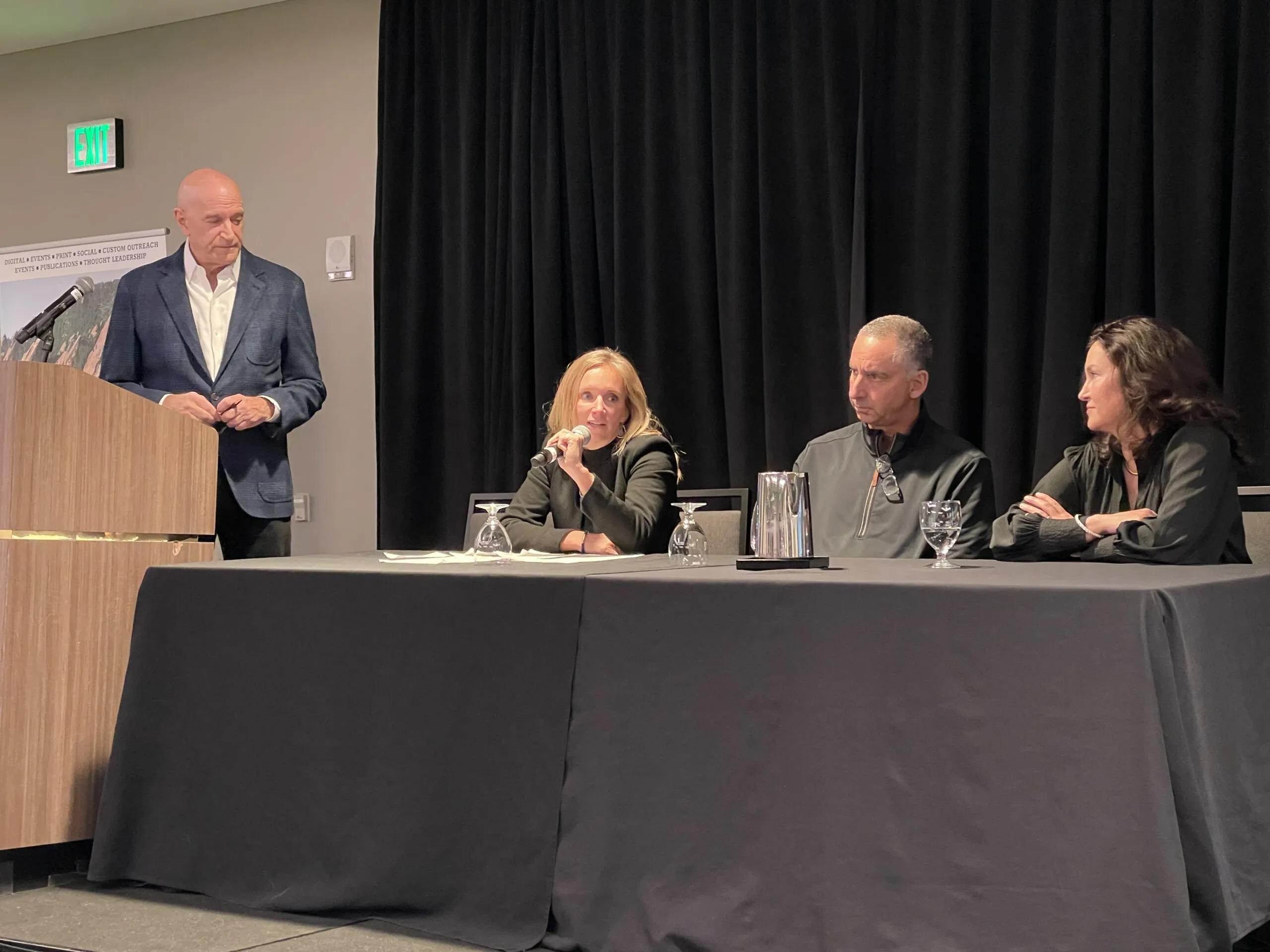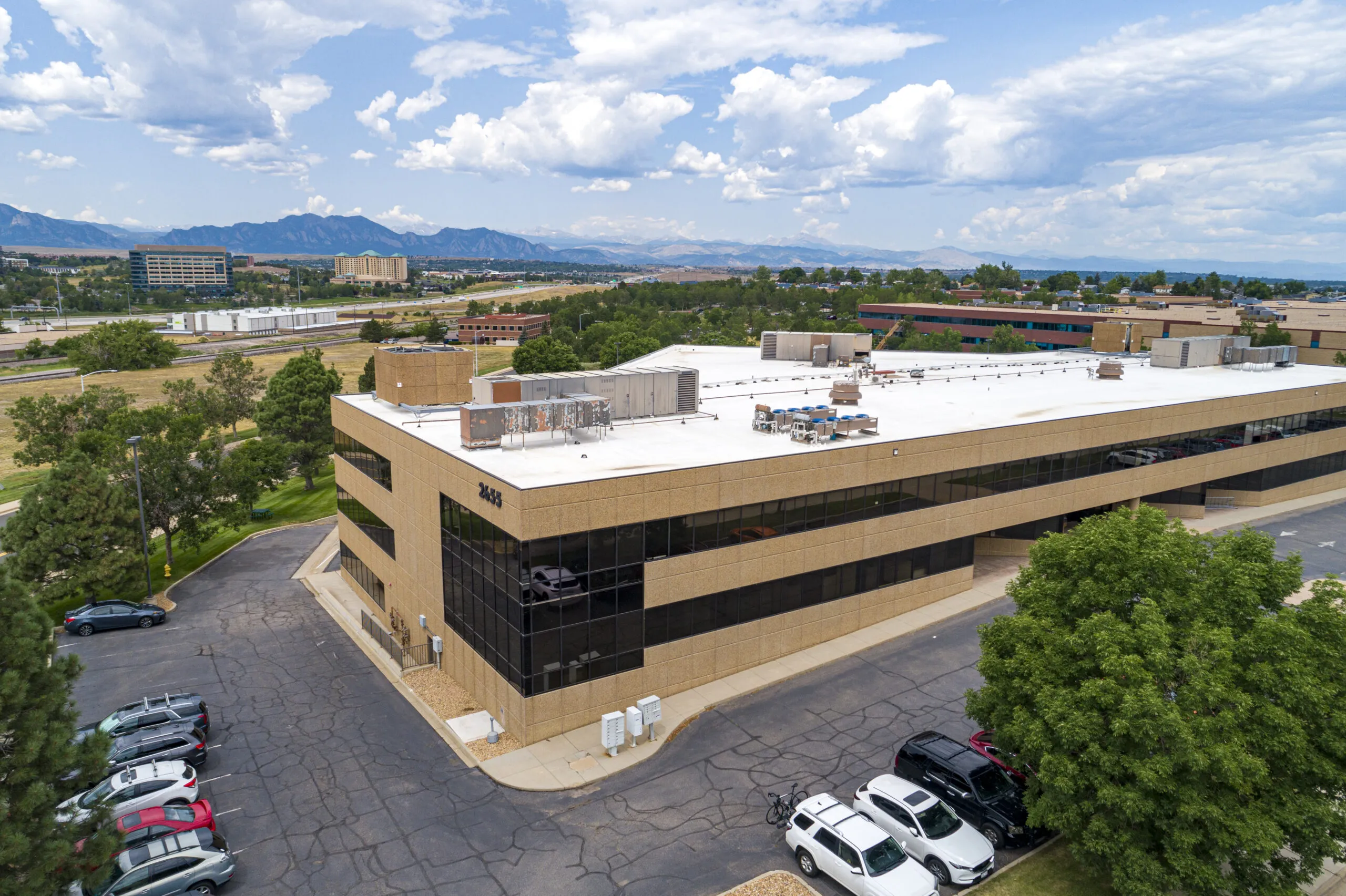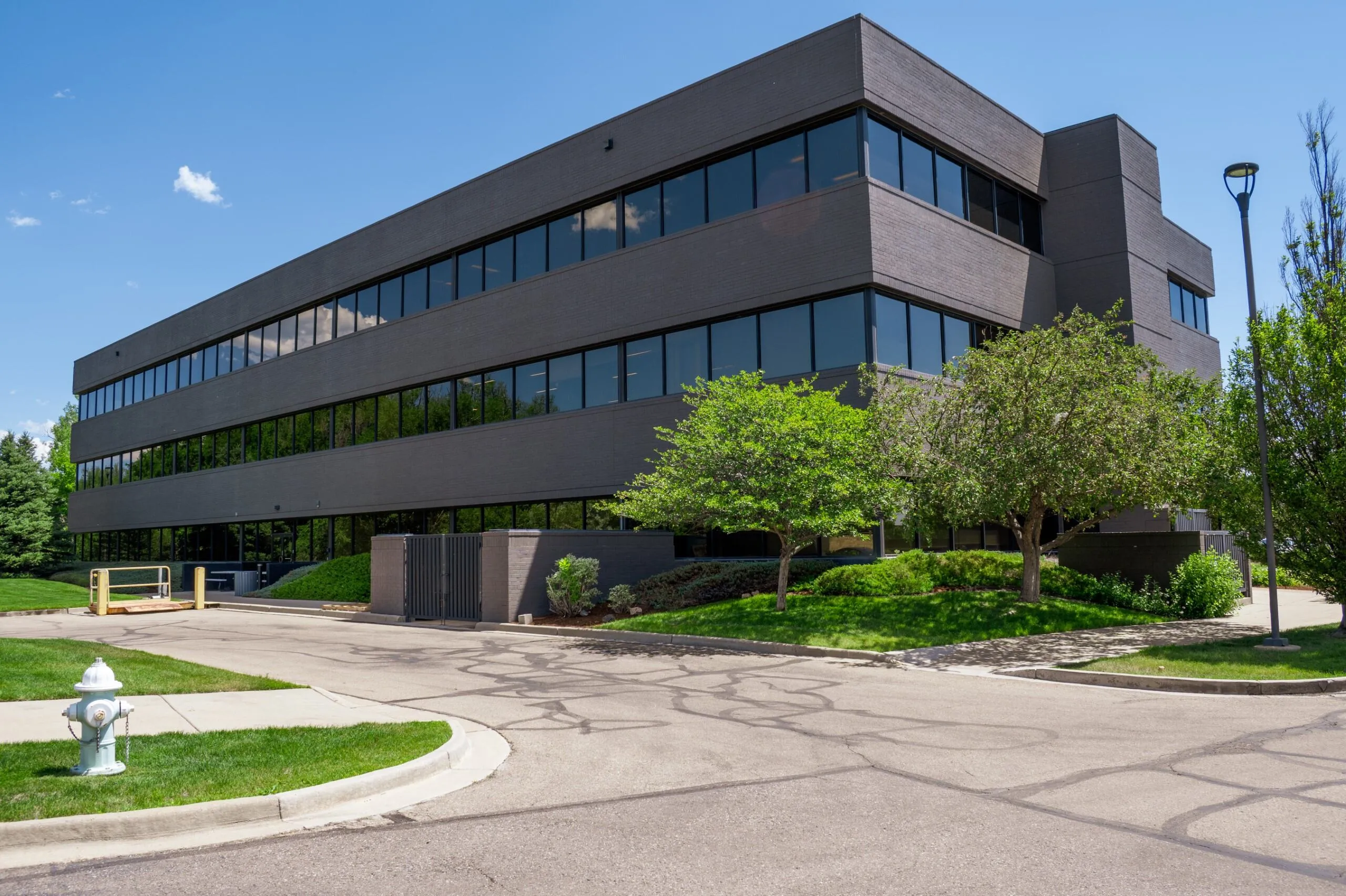Boulder’s commercial real estate market has ups, downs and crossed fingers

BOULDER — It’s not the easiest time to be in the commercial real estate sector in Boulder County.
A panel of agents representing various parts of Boulder Valley’s real estate sectors had some sobering news for a packed house Thursday at the Boulder County Real Estate Conference — better luck next year.
As the agents addressed the audience at Boulder’s Embassy Suites, some themes emerged, much of it centering on the high price of doing business in Boulder.
SPONSORED CONTENT
- Boulder’s high cost of living is driving employees out, but it also is bringing investment in multifamily development.
- The office leasing market continues to suffer due to remote-work policies, but some see that coming back slightly.
- High rents are forcing even top commercial and industrial players out.
- Boulder’s green building codes could price some investors out of the market, but some are finding that consumers are willing to pay for upgrades.
- The impending decision on the relocation of the Sundance Film Festival could help Boulder’s commercial real estate market reap the benefits of a surge in need for space for the 85,000 attendees that would come to town.
Let’s start with a cautionary tale of high investment not getting the expected return on investment. In 2022, BioMed Realty LLC bought Boulder’s largest tech campus, a 1-million-square-foot, 22-building portfolio in Flatiron Park, boasting a 90% occupancy rate, for $625 million.
“They bought it for a little over $600 a square foot,” Angela Topel, vice president, brokerage for Gibbons-White Inc., told the group. “When you purchase something at that price, you have a rental rate you’re expecting to achieve to make your returns.”
Flatiron Park, once considered affordable, began doubling rents as leases came up for renewal. It ended up almost doubling its vacancy rate to just under 20%, she said.
“We’ve seen quite a few tenants leave, because they can no longer afford flex space in Boulder,” Topel said. “There are more people leaving than signing. They’re holding on for groups to pay higher rates. What’s going to happen? Time will tell.”
Similarly, people can no longer afford to live in Boulder, or at least own a home. For those who must leave, that often translates to people finding work elsewhere.
But that also has had the effect of additional investment in multifamily development.
“Multifamily has been the sweetheart of commercial real estate over the last couple of years,” Topel said. “It’s a great place for people to put their money. I don’t know if it’s a growth market, but it continues to be a strong market.”
Added Freeman: “Housing has become unaffordable, (so people are) forced to rent. Thus, multifamily in our market and nationally is probably where most of the investment dollars are going, and those returns make sense.”
Boulder’s office market has not returned to normal, as COVID-19 helped accelerate what was already happening, with technology allowing more remote working situations. With Boulder traditionally being more of a startup community, with a large number of small businesses of less than 10 employees, leasing office space seems almost a waste of money for those who are cash-strapped, Andrew Freeman, a broker with WK Real Estate.
“It also allows them to hire people from wherever,” Freeman said. “That makes it really challenging for small companies to come back to the office market. A lot of employees are used to working at home. I don’t think a lot are going to come back until they have to.”
Topel, on the other hand, sees that pendulum beginning to swing back a bit.
“We’re already starting to hear big companies say, ‘You’re coming back to work three to five days a week,’” Topel said. “Companies that downsized from five floors to three, they say we need that fourth floor back. Employees don’t like the hoteling desk situation. I’m hoping the pendulum will swing our way starting next year.”
The challenge will be to figure out what to do with that vacant space until that happens.
“The gold standard of communication and in-person meetings has changed permanently,” said Karla Brown, senior broker/principal at The Colorado Group Inc.
“That’s not great news for the office market, and we’re just going to need to figure out a way to adapt.”
While interest rates have parked a lot of good projects, agents say those rates will be going down even further to coax some players off the sidelines. But in Boulder, they’ll face additional challenges. Boulder’s green building codes shoot for energy efficiency, for example, have increased rebuild costs in the Marshall Fire neighborhood by 5% to 9%. Agents warned that retrofitting an older building to LED lighting, for example, could cost upward of $100,000.
“On the commercial side, developers I talk with, there’s more angst,” Brown said. “These codes are challenging to meet and can delay the development process and certainly do have an effect on price.”
Yet another issue in Boulder is government planning time.
“Prior to COVID, you could get a permit in Boulder in six to eight weeks,” Topel said. “Since COVID, it’s closer to six months. … It takes a lot longer to retrofit a space, and people are looking elsewhere where it’s easier to get things completed.
“I’m hoping the city will start being more accessible, allowing people to ask more questions and get through processes in a timely manner,” Topel said to resounding applause.
Brown suggested that agents start thinking about the Sundance Film Festival, which on average brings 85,000 visitors to Park City, Utah, every year. A decision on the new location, of which Boulder is a finalist, will come in January. If it goes in Boulder’s favor, agents can make use of that 10-day festival by finding empty spaces for film screenings, or for the many vendors to represent their brands in temporary spaces.
“An even more interesting scenario is with retail,” Brown said. “During those 10 days, corporations, tech companies, media companies, want to set up short-term media space to entertain, cater, and have a brand presence. In Park City, they’d take over some of the smaller retail spaces downtown, move them out and move in their own decor for 10 days. There’s an opportunity for very lucrative short-term leases. There are a lot of interesting opportunities if the Sundance Festival comes in, so fingers crossed.”
A panel of agents representing various parts of Boulder Valley’s real estate sectors had some sobering news for a packed house Thursday at the Boulder County Real Estate Conference — better luck next year.
THIS ARTICLE IS FOR SUBSCRIBERS ONLY
Continue reading for less than $3 per week!
Get a month of award-winning local business news, trends and insights
Access award-winning content today!





